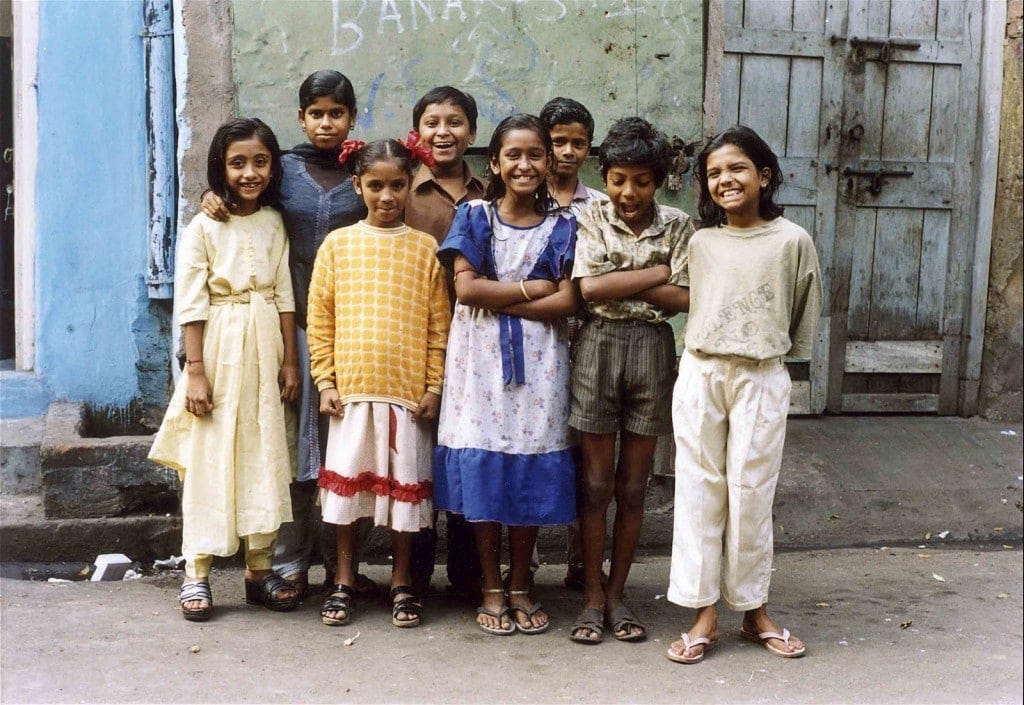Viral Videos Are Rendering Checkbook Documentaries Obsolete

Ten years ago, one of the hottest nonfiction films in America was a “checkbook documentary” titled Born Into Brothels. Checkbook documentary is my term for any documentary that, especially at film festivals, motivates people in the audience to jump up afterwards with checkbooks in the air asking, “How can I help?” In the case of that film, how can they …


